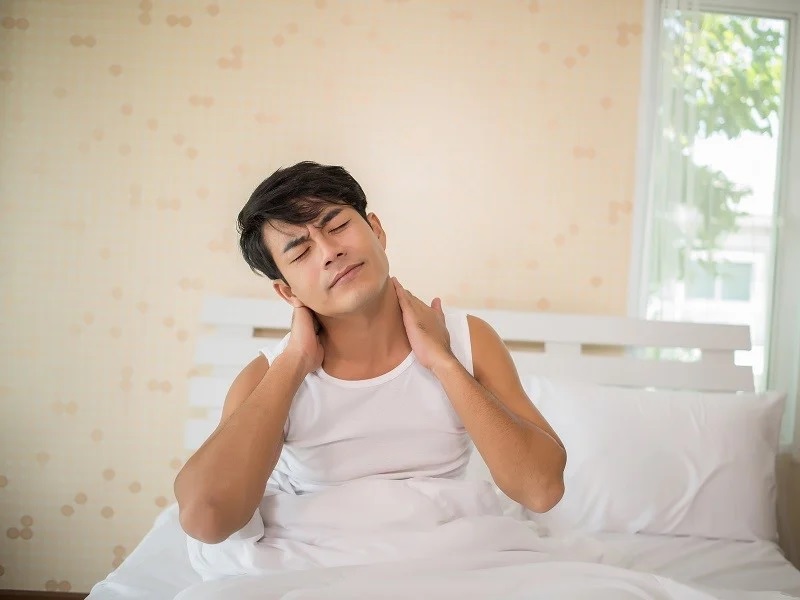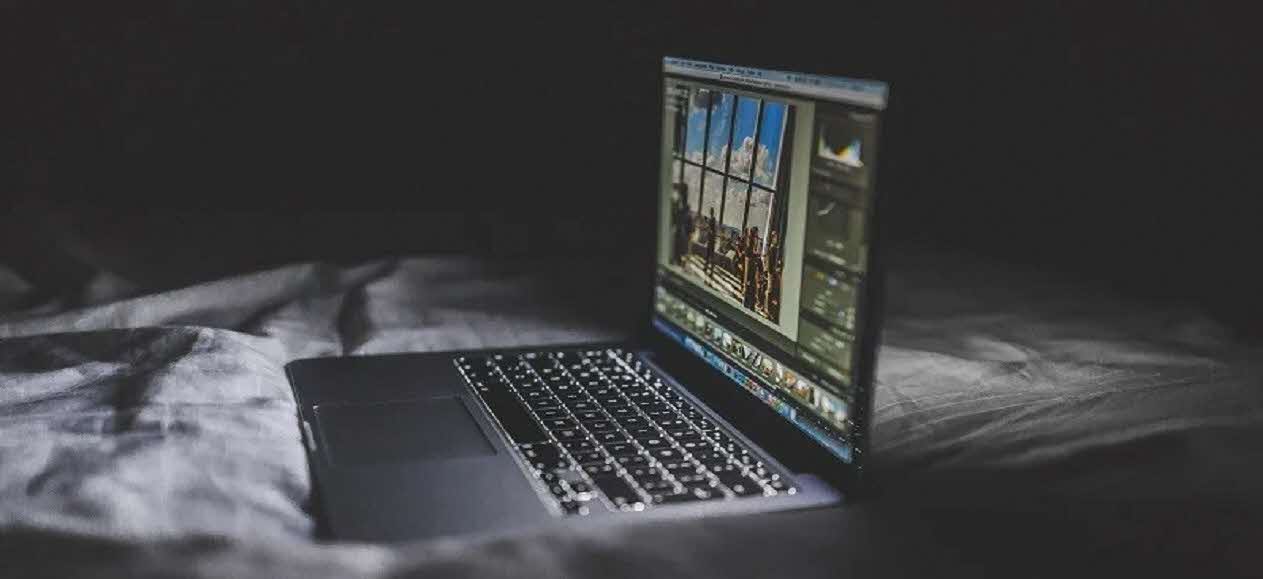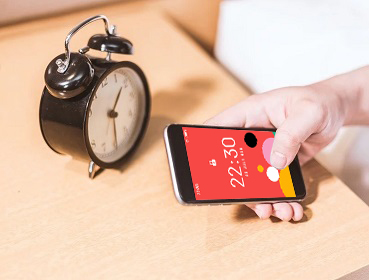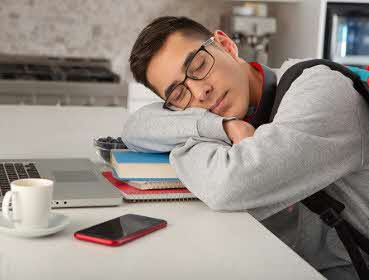The scary effects of technology on sleep – Part 1
Sleep hygiene checklist for mental and physical health
Partner content: Content has been reproduced with the permission of, and is wholly owned by, ActiveSG. Great Eastern does not own or claim to own any rights to the content shared.
Catching up on your favourite drama or scrolling through social media sounds like the perfect activity to chill before bedtime, but these seemingly innocent actions can actually be very destructive to your sleep quality. Scientific research has shown that technology can indeed disrupt your sleep – here’s how it works:

The simple act of jotting this information down will make it much easier for you to track if you are getting enough sleep and identify factors that are affecting your sleep. If you're conscious about paper usage, you can make use of the many sleep tracking apps available on your smartphone! Sleep journal apps work the same way as paper ones do and are perhaps even more convenient as you don’t have to keep a book handy all the time or worry about running out of space. Sleep affects growth and stress hormones, blood pressure and cardiovascular health. Make sure you are getting six to eight hours of sleep per 24-hour period. Stay protected with our health insurance plans.
Let us match you with a qualified financial representative
Our financial representative will answer any questions you may have about our products and planning.








